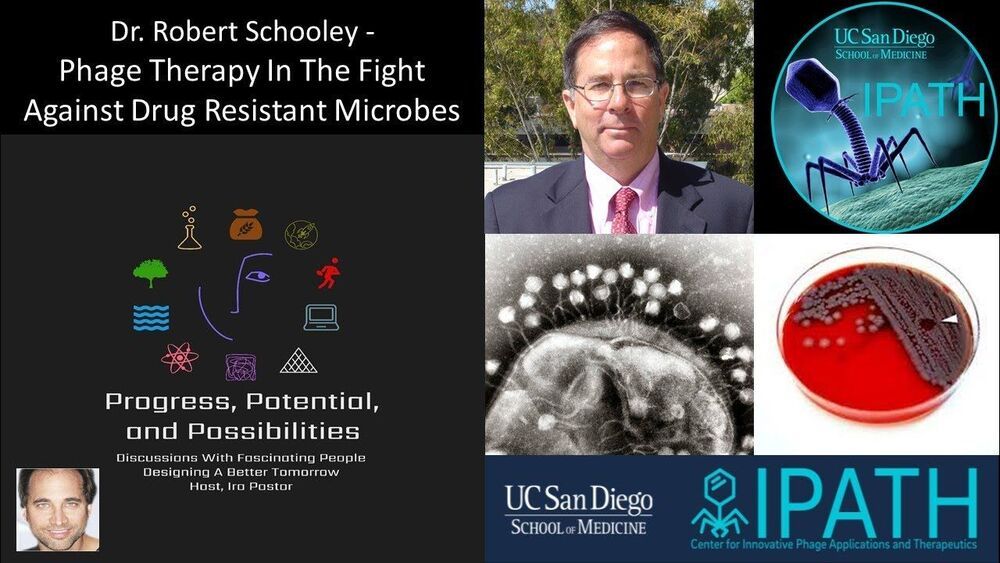As we sit here in 2020, in the middle of a major viral pandemic, we can’t forget the fact that a century after the first antibiotics were created, drug resistant bacterial infections have become a major threat around the globe, exactly at the same time that the antibiotic pipelines of pharma companies have either dried up, or they have gotten out of the business.
In the U.S. alone, Centers For Disease Control (CDC) estimates that antibiotic resistance causes more than 2 million infections, several million hospital stay days, and over 35, 000 deaths per year. Worldwide, such infections cause 750, 000 deaths every year. And a recent United Nations (UN) report concluded that by 2050, “super bugs” could kill 10 million people globally every year, if no action is taken to combat the problem.
A solution to this emerging threat lies in the area of bacteriophage therapy (or “phage” for short), which is a type of virus that infects, replicates within, and are very good at killing bacteria.
Interestingly, phages have been used for over 90 years as an alternative to antibiotics in the former Soviet Union and Central Europe as well as in France. They are seen as a possible therapy against multi-drug-resistant strains of many bacteria and have been shown to interfere not just with bacteria life cycles, but also with biofilm production and quorum sensing involved bacterial colonization processes.
Dr. Robert Schooley, MD, is a Professor of Medicine, in the Division of Infectious Diseases and Global Public Health, at UC San Diego, the Co-Director of their Center for Innovative Phage Applications and Therapeutics (IPATH), as well as Interim Faculty Director, Global Education and Senior Director, International Initiatives.
Dr. Schooley is a graduate of the Johns Hopkins University School of Medicine. He completed an internal medicine residency at the Johns Hopkins Hospital and infectious disease fellowships at the National Institute of Allergy and Infectious Diseases and the Massachusetts General Hospital.
